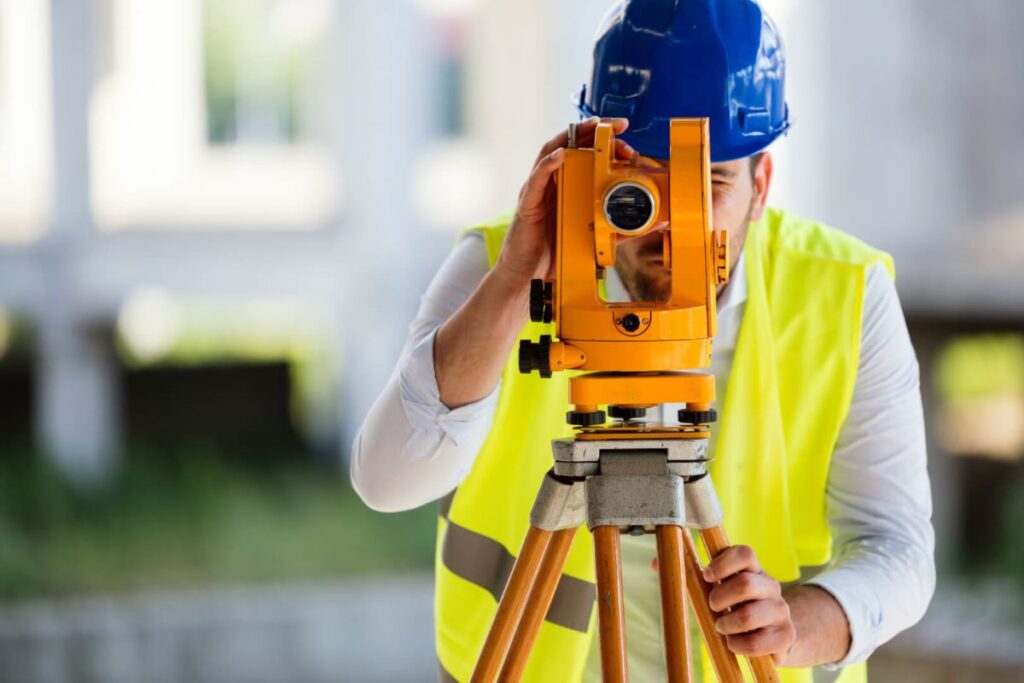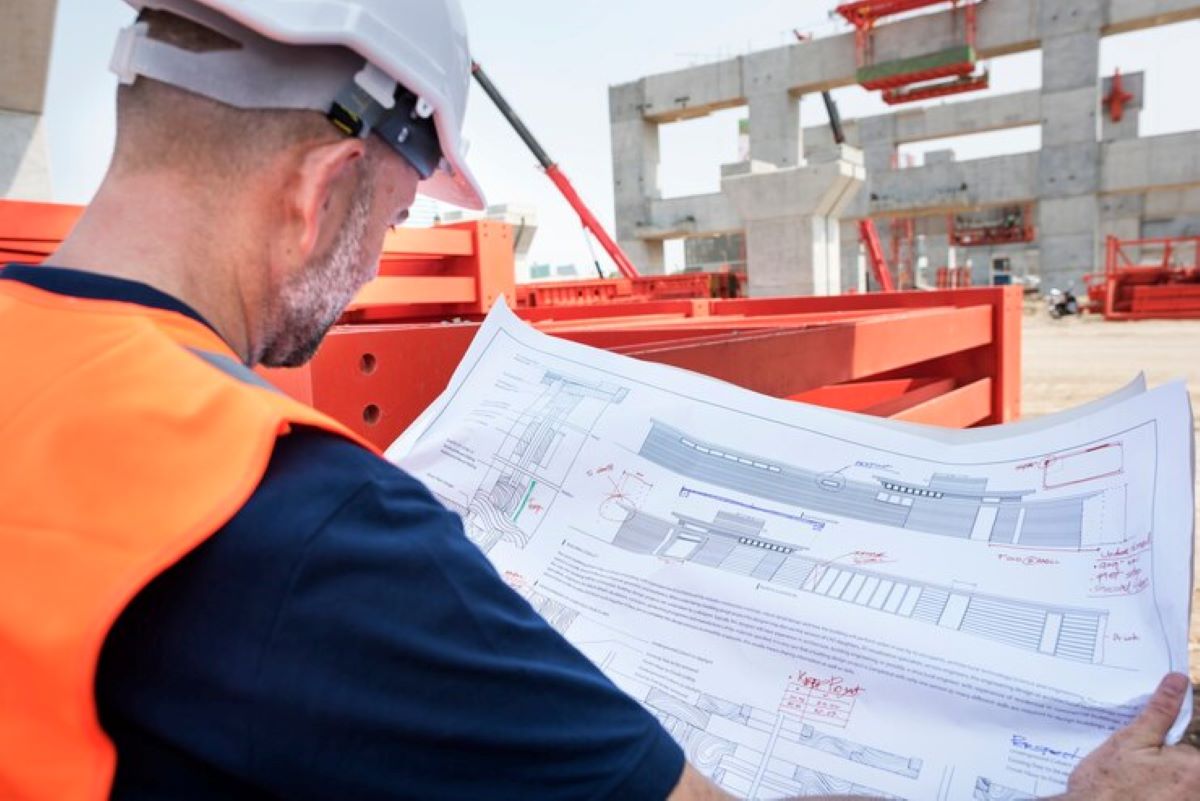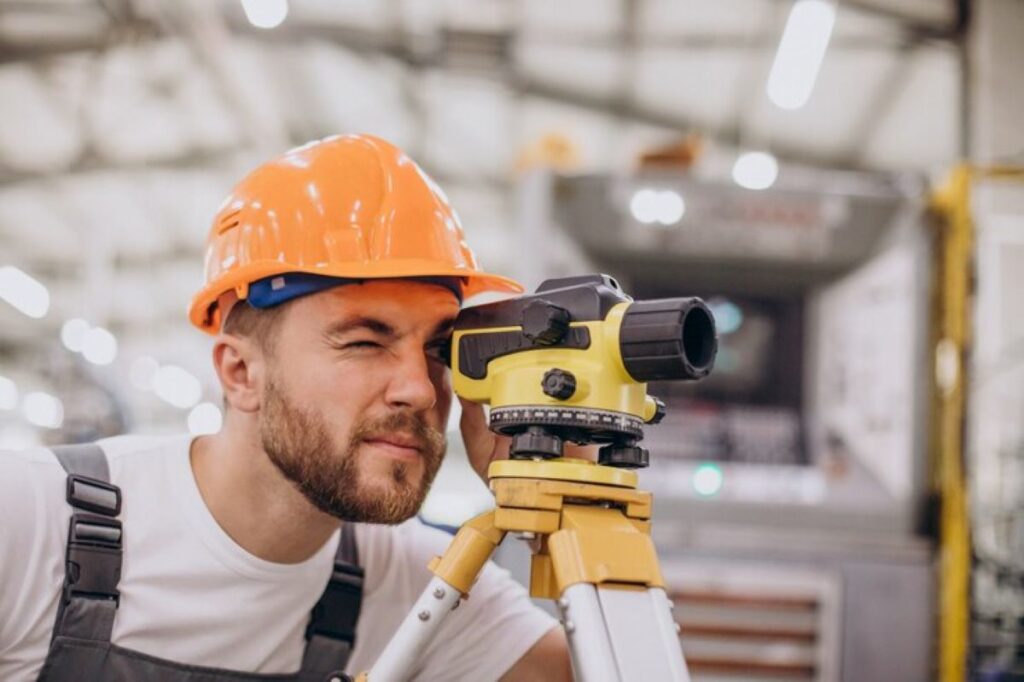Land Surveyor Near Me: How to Find Reliable Local Professionals
When embarking on any construction or property development project, the importance of hiring a reliable land surveyor cannot be overstated. A land surveyor plays a crucial role in determining property boundaries, assessing land features, and ensuring that any development complies with local regulations. But how does one go about finding a trustworthy land surveyor in their area? This guide will provide essential tips and insights to help you locate a dependable professional.
Understanding the Role of a Land Surveyor
Before diving into the search for a land surveyor, it is essential to understand what these professionals do. Land surveyors are trained to measure and map land, which involves a range of tasks from boundary surveys to topographical mapping. Their work is vital in establishing property lines, which can prevent disputes between neighbours and ensure that any construction adheres to zoning laws. In addition to these fundamental tasks, land surveyors also play a crucial role in land development projects, environmental assessments, and even legal disputes regarding land ownership. Their expertise ensures that projects are not only feasible but also compliant with local and national regulations, thereby safeguarding the interests of property owners and developers alike.
Types of Surveys Conducted
Land surveyors conduct various types of surveys, each serving a specific purpose. Some common types include:
- Boundary Surveys: These surveys determine the exact property lines, which is crucial for any development project.
- Topographical Surveys: These surveys map the contours of the land, identifying elevations and depressions, which can affect construction plans.
- Construction Surveys: These are conducted to ensure that structures are built according to design specifications and local regulations.
Understanding these different types of surveys will help you communicate your needs effectively when searching for a land surveyor. Additionally, land surveyors may also perform hydrographic surveys, which involve mapping underwater features and are particularly important for projects near bodies of water. This type of survey is essential for ensuring safe navigation and for planning marine construction projects. Furthermore, with the advent of advanced technology, many land surveyors now utilise Geographic Information Systems (GIS) and drones to enhance the accuracy and efficiency of their surveys, providing clients with detailed and comprehensive data that can be invaluable for planning and development.
Steps to Find a Reliable Land Surveyor
Finding a reliable land surveyor can seem daunting, but following a systematic approach can simplify the process. Here are some steps to consider:
1. Research Local Professionals
Start by conducting thorough research on local land surveyors. Use online directories, local business listings, and professional associations to compile a list of potential candidates. Websites like the Surveying and Spatial Sciences Institute (SSSI) can provide valuable resources and listings of qualified surveyors.
Additionally, consider asking for recommendations from friends, family, or colleagues who have recently undertaken similar projects. Personal referrals can often lead to finding trustworthy professionals.
2. Check Qualifications and Experience
Once you have a list of potential land surveyors, it is crucial to verify their qualifications and experience. Look for surveyors who are licensed and registered with relevant professional bodies. In Australia, this often means checking with state-based surveying boards or organisations.
Experience is also a key factor. A surveyor with a proven track record in your specific type of project will likely be more adept at navigating potential challenges. Don’t hesitate to ask for examples of previous work or case studies that demonstrate their expertise.
3. Read Reviews and Testimonials
In the digital age, online reviews can provide valuable insights into a land surveyor’s reputation. Websites such as Google Reviews, Yelp, or even social media platforms can offer feedback from previous clients. Pay attention to both positive and negative reviews, as they can give you a balanced perspective on the surveyor’s strengths and weaknesses.
Additionally, consider reaching out to past clients directly if possible. Personal testimonials can provide a deeper understanding of what to expect from the surveyor’s services.

Evaluating the Cost of Services
Cost is often a significant factor when selecting a land surveyor. However, it’s essential to remember that the cheapest option is not always the best. Here are some points to consider when evaluating costs:
1. Obtain Multiple Quotes
Request quotes from several land surveyors to get a sense of the market rate for the services you require. Ensure that each quote includes a detailed breakdown of costs, so you can compare them effectively. This transparency will help you understand what you are paying for and identify any hidden fees.
2. Understand the Pricing Structure
Land surveyors may charge based on various factors, including the complexity of the survey, the size of the property, and the time required to complete the work. Some may offer flat rates for specific services, while others may charge hourly. Ensure you fully understand the pricing structure before making a decision.
3. Consider Value Over Cost
While it may be tempting to go with the lowest bid, consider the value you are receiving for your money. A more experienced surveyor may charge a higher fee but could save you money in the long run by avoiding costly mistakes or delays. Weigh the potential benefits against the costs to make an informed decision.
Questions to Ask Potential Surveyors
Once you have narrowed down your options, it’s time to engage with potential land surveyors. Asking the right questions can help you assess their suitability for your project. Here are some essential questions to consider:
1. What is Your Experience with Similar Projects?
Understanding a surveyor’s experience with projects similar to yours can provide insight into their capabilities. Ask for examples of past work and how they handled any challenges that arose during those projects.
2. What Technology and Equipment Do You Use?
Modern surveying relies heavily on technology, so it’s worth asking about the equipment and software the surveyor uses. Advanced tools can improve accuracy and efficiency, which can be beneficial for your project.
3. What is the Timeline for Completion?
Establishing a clear timeline is crucial for any project. Ask the surveyor how long they expect the survey to take and whether they can accommodate your schedule. This information will help you plan your project effectively.
Understanding Legal and Regulatory Requirements
Land surveying is often subject to various legal and regulatory requirements. Understanding these can help you ensure that your project complies with local laws and regulations.
1. Familiarise Yourself with Local Laws
Each state and territory in Australia has its own regulations regarding land surveying. Familiarising yourself with these laws will help you understand what to expect from your surveyor and what documentation may be required.
2. Ensure Compliance with Zoning Regulations
In addition to surveying laws, zoning regulations can impact your project. A qualified land surveyor should be well-versed in these regulations and can help ensure that your plans align with local requirements.
Finalising Your Choice
After conducting thorough research and asking the right questions, it’s time to make your final decision. Here are some tips to ensure you choose the right land surveyor:
1. Trust Your Instincts
While qualifications and experience are essential, personal rapport also matters. Choose a surveyor you feel comfortable communicating with, as this will facilitate a smoother working relationship.
2. Review the Contract Carefully
Before signing a contract, review it carefully. Ensure it includes all agreed-upon terms, such as the scope of work, timeline, and payment structure. If anything seems unclear, don’t hesitate to ask for clarification.
3. Maintain Open Communication
Once you’ve selected a land surveyor, maintain open lines of communication throughout the project. Regular updates and discussions can help address any concerns and keep the project on track.

Conclusion
Finding a reliable land surveyor in your area is a critical step in ensuring the success of your construction or property development project. By understanding the role of a land surveyor, conducting thorough research, evaluating costs, and asking the right questions, you can make an informed decision that meets your needs. With the right professional by your side, you can navigate the complexities of land surveying with confidence, ensuring your project is built on solid ground.
More to Read : Why Registered Surveyors Are Required for Legal Documentation




